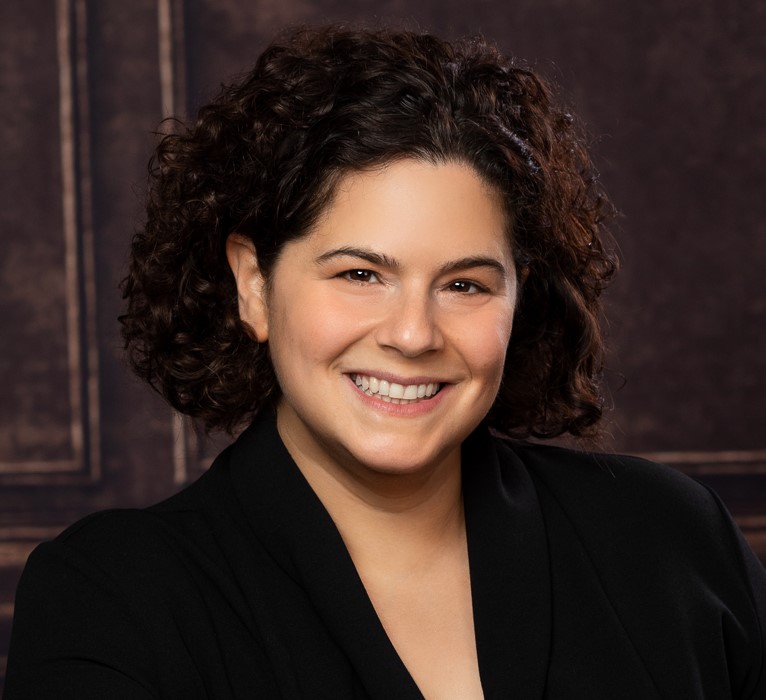The Exodus and Us: Biblical interpretation and modern politics

The Exodus and Us: Biblical interpretation and modern politics
This talk emerges from the well-known dispute between Michael Walzer and Edward Said after the 1985 publication of Walzer's short volume Exodus and Revolution. Against Walzer's inspiring account of "Exodus politics," Said offered a fierce critique, pointing to a relationship between the biblical narrative and modern political violence. Dr. Filler argues that central to this debate is a fundamental dispute about the role of the peshat, or plain sense, of the Exodus narrative - and the political and ethical implications of insisting upon, or diverging from, the plain sense of the biblical text. Departing from both Walzer and Said, Dr. Filler proposes that renewed attention to the plain sense of Exodus - even, or especially, its thoroughgoing violence - has surprising implications. To the competing claims about the Exodus narrative’s modern uses, Dr. Filler argues that plain sense interpretation is valuable precisely in limiting our ability to “see ourselves” in the biblical world.
Dr. Emily Filler is Assistant Professor in the Study of Judaism at Washington and Lee University, and Co-Editor-in-Chief of the Journal of Jewish Ethics. Her research is in modern Jewish philosophy and ethics, particularly the relationship between modern philosophy and classical Jewish sources. Her first monograph in progress, Modern Judaism and Biblical Violence, considers the political and ethical virtues of the biblical peshat, or "plain sense," of difficult biblical texts as a framework for modern Jewish thought.

